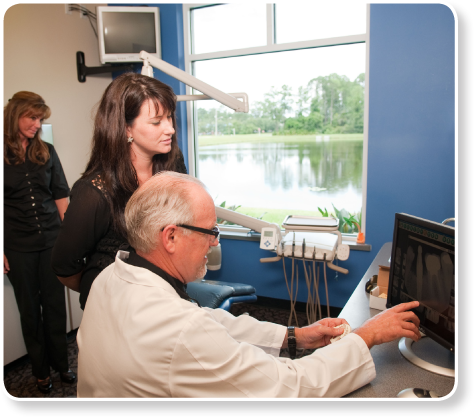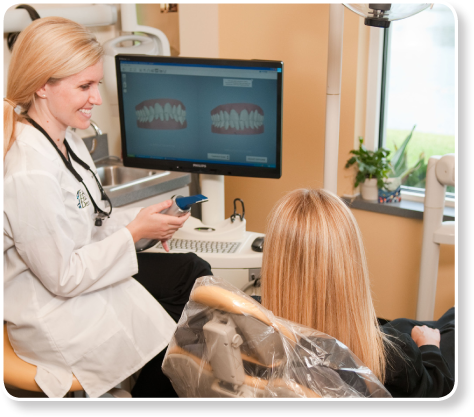How Menopause Affects Oral Health
Aug 11, 2025

Menopause brings many changes to a woman’s body, and your mouth is no exception. While most people expect symptoms like hot flashes or mood swings, few realize that menopause can also affect teeth and gums. Understanding these changes can help you take better care of your oral health during this phase of life—and your dental team is here to support you every step of the way.
The Hormone–Oral Health Connection
During menopause, levels of estrogen and progesterone drop significantly. These hormones play a role in keeping many parts of the body—including the mouth—healthy and balanced. As hormone levels decline, women may start to notice changes in their oral health, including increased sensitivity, dryness, and even a higher risk of certain dental conditions.
Common Oral Health Issues During Menopause
1. Dry Mouth (Xerostomia)
One of the most common complaints during menopause is dry mouth. This happens when the salivary glands don’t produce enough saliva. Since saliva helps rinse away food particles, neutralize acids, and protect tooth enamel, having less of it can lead to:
Drinking plenty of water, using a humidifier, and choosing sugar-free lozenges or mouth sprays can help ease dry mouth symptoms.
2. Gum Sensitivity and Inflammation
Hormonal changes can make your gums more sensitive, even if you’ve never had issues before. Some women experience red, swollen, or bleeding gums. This condition—sometimes called menopausal gingivostomatitis—is uncommon but can be uncomfortable.
Good brushing and flossing habits, along with regular cleanings, can help reduce inflammation. If symptoms persist, your dentist may recommend a medicated mouth rinse or other treatment.
3. Increased Risk of Gum Disease
Menopause can increase your susceptibility to gum disease due to a combination of factors: dry mouth, bone loss, and changes in oral bacteria. Early gum disease (gingivitis) is reversible with good hygiene, but if left untreated, it can progress to periodontitis and lead to tooth loss.
Warning signs of gum disease include:
Seeing your dentist regularly can help catch and manage gum disease early.
4. Burning Mouth Syndrome
Some women going through menopause report a burning sensation in their tongue, lips, or entire mouth. This condition—appropriately named Burning Mouth Syndrome—can feel like a scalding or tingling sensation, even when there’s nothing visibly wrong.
Although it’s not fully understood, it may be linked to hormone fluctuations, nerve changes, or nutritional deficiencies. Managing stress, avoiding spicy foods, and talking with your doctor or dentist can help find relief.
5. Bone Loss and Tooth Stability
Estrogen helps maintain bone density—including the bones that support your teeth. After menopause, lower estrogen levels can lead to osteoporosis, which may cause the jawbone to shrink or weaken. This can make teeth feel looser or lead to changes in how dentures fit.
Your dentist may monitor your jawbone health with X-rays and work with your physician if osteoporosis becomes a concern.
Taking Care of Your Oral Health During Menopause
Menopause is a natural phase of life, but it doesn’t mean your smile has to suffer. Here are a few ways to protect your oral health during and after this transition:
You’re Not Alone—We’re Here To Help
Menopause can be a time of change, but with the right support, you can continue to enjoy a healthy, confident smile. If you’re experiencing any oral health concerns or just want to be proactive about your dental care, we’re here for you. Let’s work together to keep your teeth and gums strong through every stage of life.
For informational purposes only.










